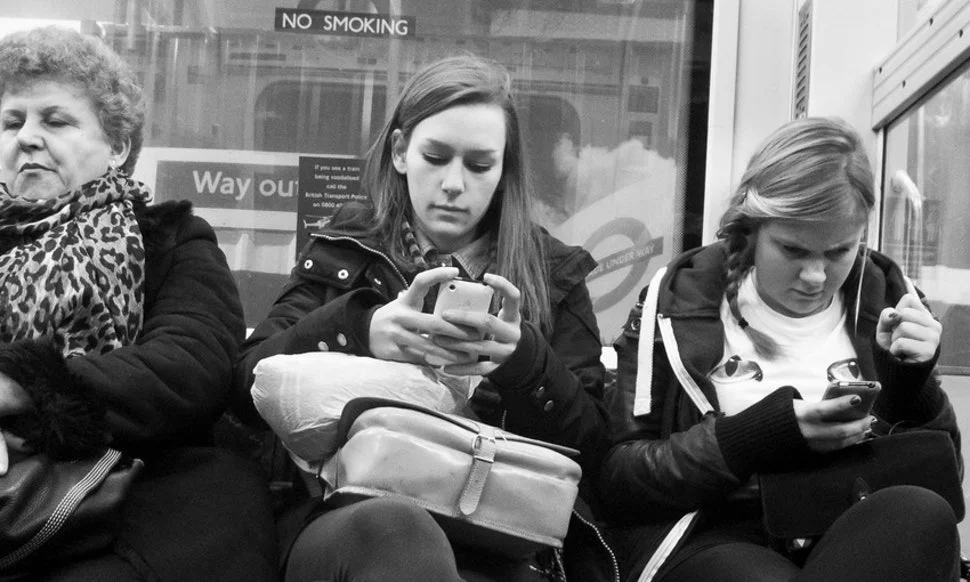Recently, I picked up Jean Twenge’s provocative and eye opening book iGen: Why Today's Super-Connected Kids Are Growing Up Less Rebellious, More Tolerant, Less Happy--and Completely Unprepared for Adulthood--and What That Means for the Rest of Us. As a parent and someone who works with high school/college-aged people, this book provides staggering insights. Among other things, It demonstrates a powerful correlation between screentime and unhappiness. Here a segment from her book:
“Many people have argued that teens’ communicating with their friends electronically is no big deal—they’re connecting with their friends, so who cares how they do it? In this view, electronic communication is just as good as in-person communication. If so, it would be just as good for mental health and happiness: teens who communicate via social media and text should be just as happy, be just as likely to dodge loneliness, and be just as likely to avoid depression as teens who see their friends in person or engage in other activities that don’t involve screens.
We can find out if that’s true. Let’s start with happiness. The MtF surveys ask teens how happy they are in general (“very happy,” “pretty happy,” or “not very happy”) and also how much time they spend on various activities during their leisure time, including both screen activities such as social networking sites, texting, and Internet time and nonscreen activities such as in-person social interaction, exercise, and print media. Thus we can see which activities create joy and which are more likely to lead to misery.
The results could not be clearer: teens who spend more time on screen activities (the black bars in Figure 3.5) are more likely to be unhappy, and those who spend more time on nonscreen activities (the gray bars) are more likely to be happy. There’s not a single exception: all screen activities are linked to less happiness, and all nonscreen activities are linked to more happiness.”
Read More